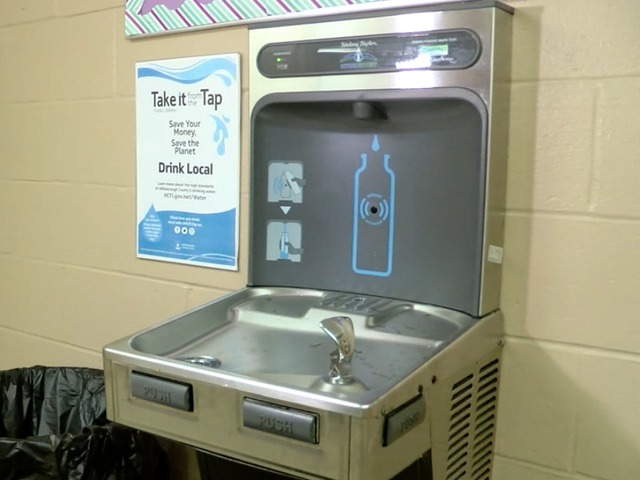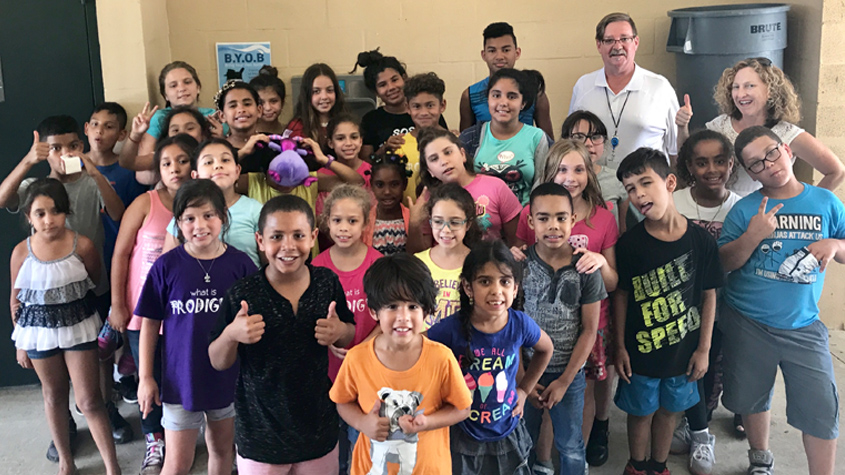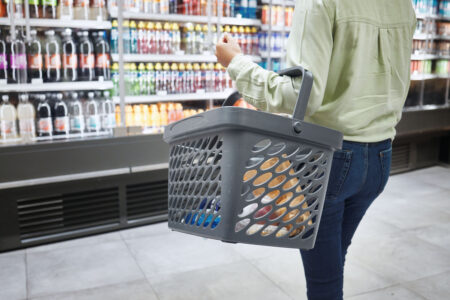
Share On Social!
Drinking water increase health and hydration, but clean water is not always easy to get to.
Recognizing this basic human need and the importance that water plays in overall health, Hillsborough County, Fla. (26% Latino population) has installed 60 water bottle filling stations—also called “hydration stations”—throughout the community.

Attached to already existing water fountains, the stations have been installed at libraries, community centers, and public schools and parks, ABC Action News reports.
In Hillsborough County, each station costs roughly $1,200 to install.
“It’s good that we have these stations,” said area resident Andres Gonzalez in an interview with ABC. “Easy and quick and efficient for us. Kind of a grab and go thing.”
Latino kids ages 0-5 consumption of sugary drinks is higher than the overall average, which is part of the reason they are more likely to be overweight or obese than their peers. While water is the preferred option, it has not always been easily accessible.
Water bottle filling stations serve a variety of purposes.
In addition to making sure everyone stays hydrated, they also eliminate plastic waste, and help cut down on sugary beverage consumption by providing a healthier option.
The County has also set up an online map so residents can find the new stations.
What can you do to help?
Salud America! and SaludToday have launched #SaludWater.
#SaludWater promotes awareness and grassroots actions to inspire local change to give Latino children more access and opportunity to drink water.
For example, you can sign a letter to urge State PTAs to prioritize access to drinking water in schools, such as water bottle fountains.
You also can use our toolkit to add water bottle fountain in schools.
“Parents, teachers, and leaders all have roles to play to help boost access to safe drinking water for Latino children in our schools and communities,” said Dr. Amelie G. Ramirez, director of Salud America! at UT Health San Antonio that promotes healthy grassroots changes to benefit Latino families.
By The Numbers
142
Percent
Expected rise in Latino cancer cases in coming years



